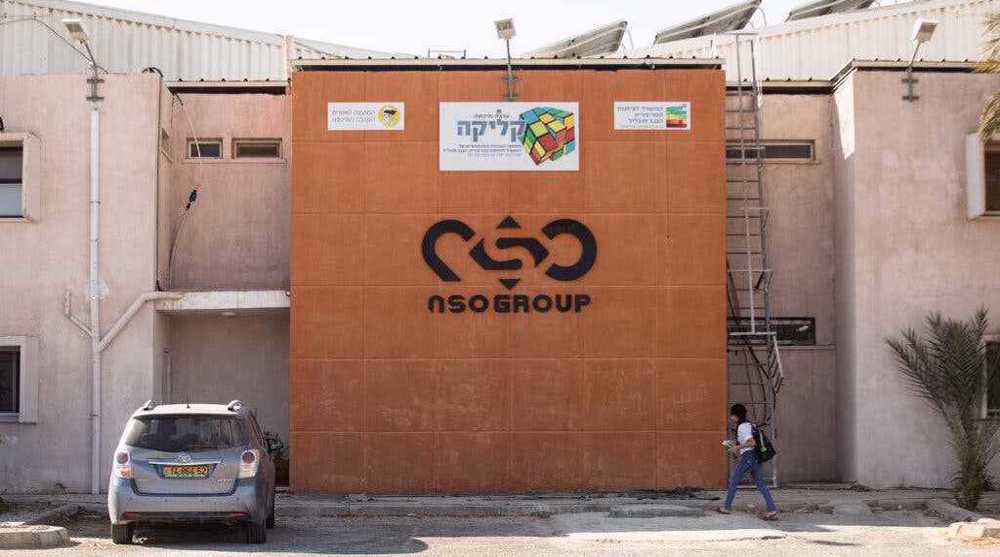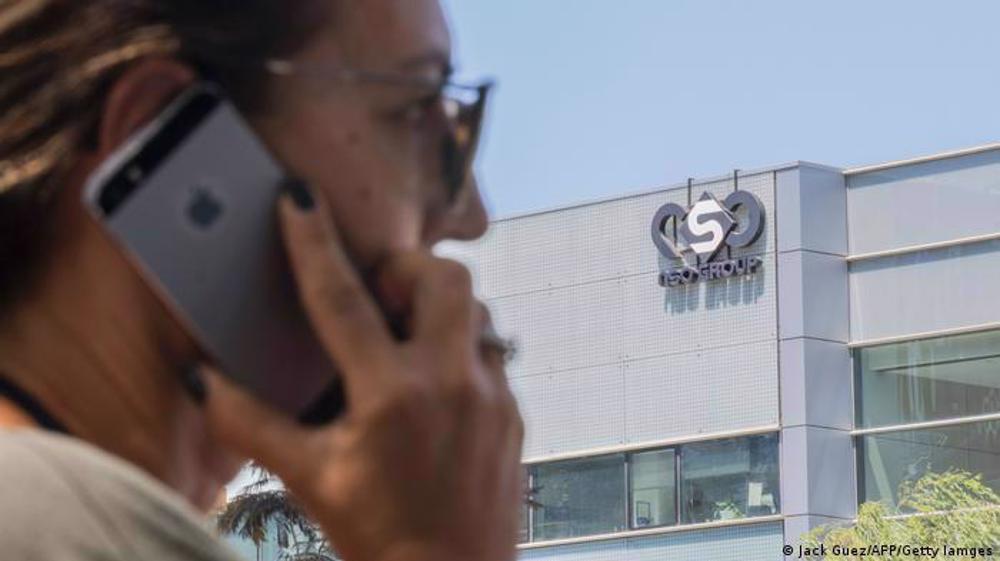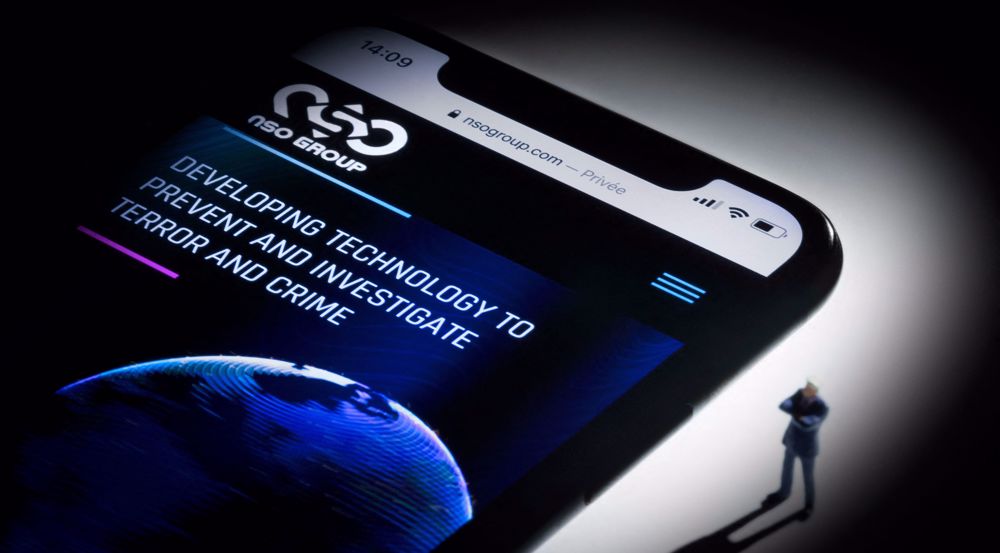FBI secretly bought Israel’s Pegasus spyware in 2019, spied on Americans: Probe
The FBI secretly bought Israel’s Pegasus spyware, widely regarded as the world’s most potent spyware, three years ago and since then it has been using it to spy on Americans and hack numbers, a new investigation says.
The results of a yearlong investigation conducted by Ronen Bergman and Mark Mazzetti and sponsored by the New York Times revealed on Friday that the United States’ Federal Bureau of Investigation (FBI) bought the Pegasus spyware, created by the NSO Group, Israel’s notorious cyberweapons distributor, in 2019 to use it for domestic surveillance.
The investigation - titled “The Battle for the World’s Most Powerful Cyberweapon” - said the purchase was not previously reported by American authorities, who also overlooked the plenty of reports that the spyware was being employed to spy on activists and political opponents in other countries.
It also said that the Tel Aviv regime has made Pegasus, which is capable of reliably cracking the encrypted communications of iPhone and Android smartphones, a key component of its national security strategy, employing it to advance its interests around the globe.
According to the investigation, Washington spent the past two years to explore whether to use NSO’s new spyware, dubbed Phantom, against Americans.
“During a presentation to officials in Washington, the company demonstrated a new system, called Phantom, which could hack any number in the United States that the FBI. decided to target. Israel had granted a special license to NSO, one that permitted its Phantom system to attack US numbers. The license allowed for only one type of client: US government agencies,” the investigative report said.
The Times further said that numerous American federal agencies showed interest in using NSO’s spying weapons, including the Central Intelligence Agency, the Drug Enforcement Agency, the US Secret Service, and the US military’s Africa Command.
The move to use the spywares comes as the NSO’s products were reportedly being used to hack human rights activists, politicians, and lawyers.
“A yearlong Times investigation, including dozens of interviews with government officials, leaders of intelligence and law-enforcement agencies, cyberweapons experts, business executives and privacy activists in a dozen countries, shows how Israel’s ability to approve or deny access to NSO’s cyberweapons has become entangled with its diplomacy,” it added.
According to the Times, almost every member of the NSO’s research team is a veteran of the intelligence services.
Many of its team “served with AMAN, the Israeli Military Intelligence Directorate, the largest agency in the Israeli espionage community — and many of them in AMAN’s Unit 8200. The company’s most valuable employees are all graduates of elite,” the investigation further said.
Pegasus can switch on a phone's camera or microphone and harvest its data, without the knowledge of its owner.
The spyware also allows its users to monitor conversations, text messages, photos and location, and even encrypted messaging apps such as Signal and WhatsApp. Pegasus can turn phones into remotely operated listening devices.
In recent years, the NSO Group has been accused of allowing repressive regimes to hack people, including those close to murdered dissident Saudi journalist and Washington Post columnist Jamal Khashoggi.

Students camp out at Yale to protest Israeli minister Ben-Gvir’s visit

Over 220 US academic leaders slam Trump crackdown on universities

After second Signalgate scandal, Democrats call for Hegseth’s resignation
VIDEO | Massive rally in Yemen continues support for Palestine despite US aggression
Iran backs sovereign, stable Syria free of terrorism, UN envoy says
Iran-US talks: Trump, sanctions and the mirage of a durable nuclear deal
VIDEO | Gaza’s looming famine
US universities defy Trump deportations of foreign students
WFP: Food stocks depleted in Gaza due to all-out Israeli blockade
Yemenis hold nationwide rallies to condemn US aggression, support Palestine
VIDEO | Press TV's news headlines









 This makes it easy to access the Press TV website
This makes it easy to access the Press TV website